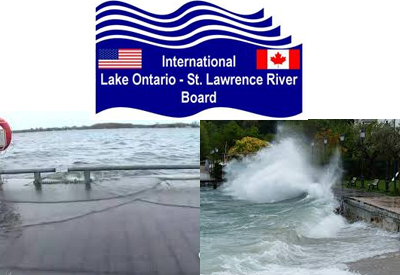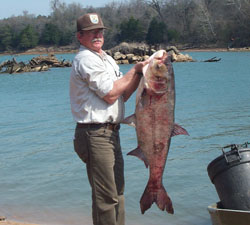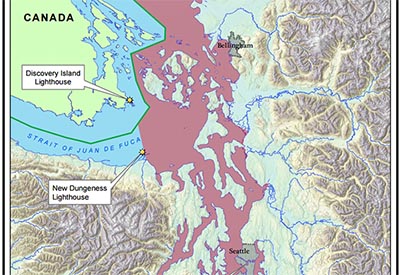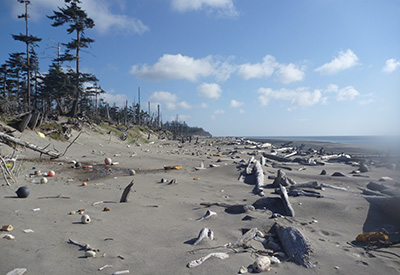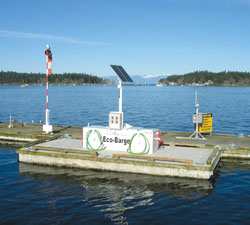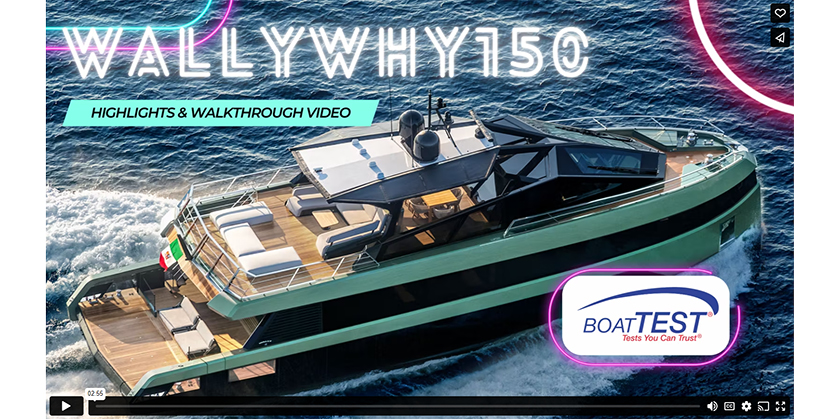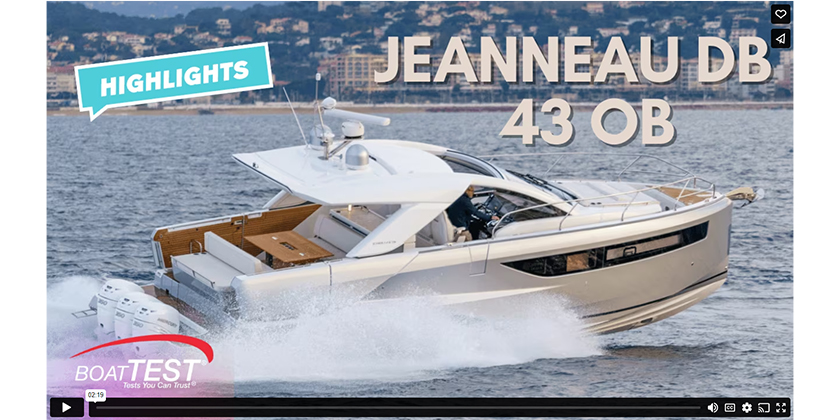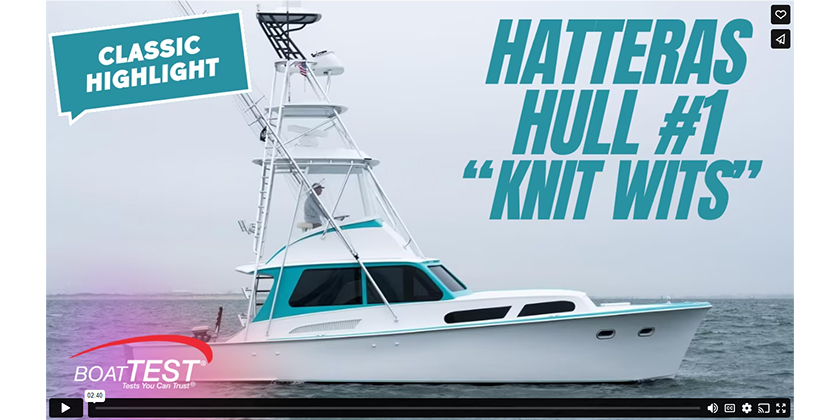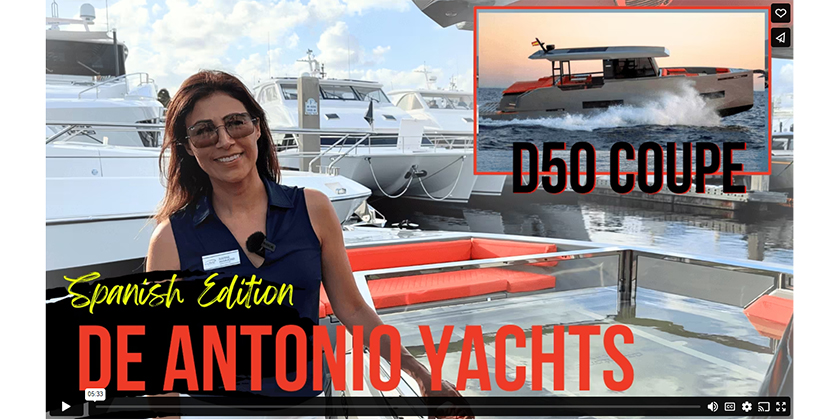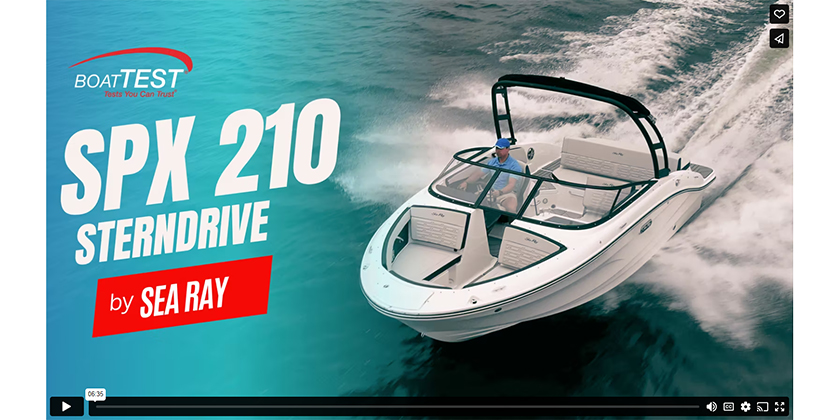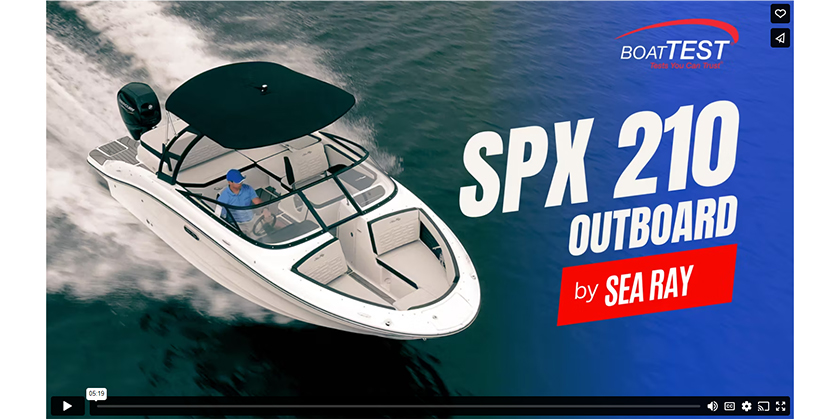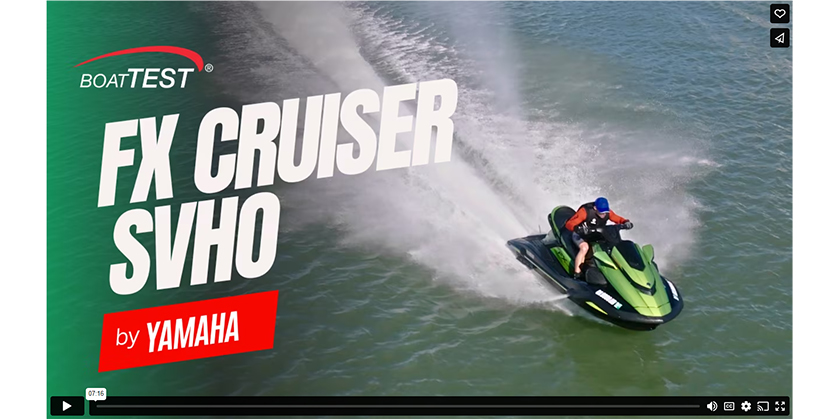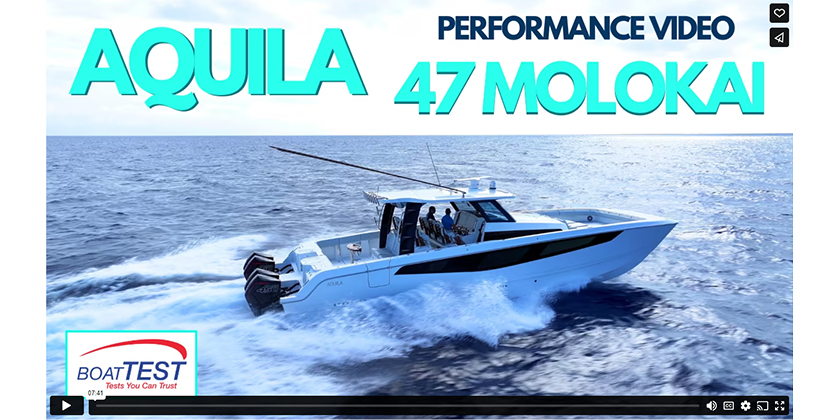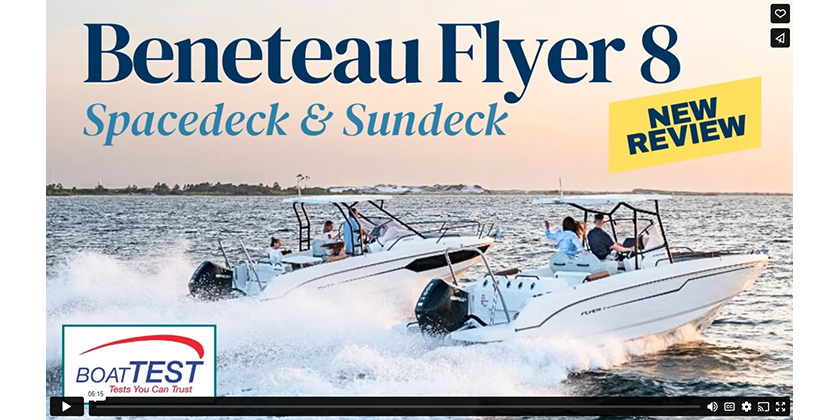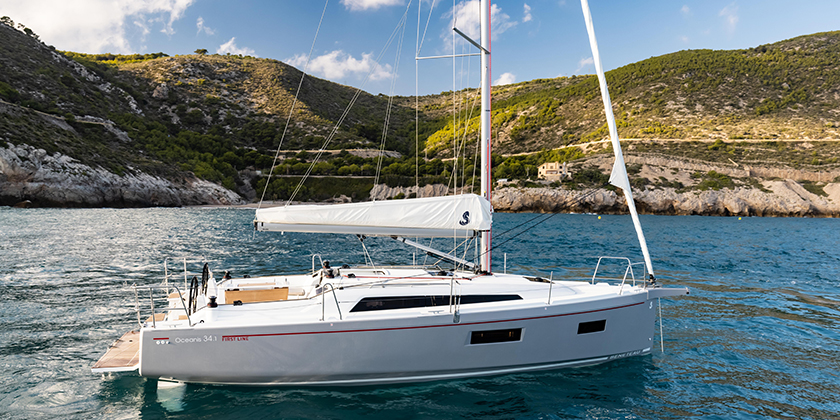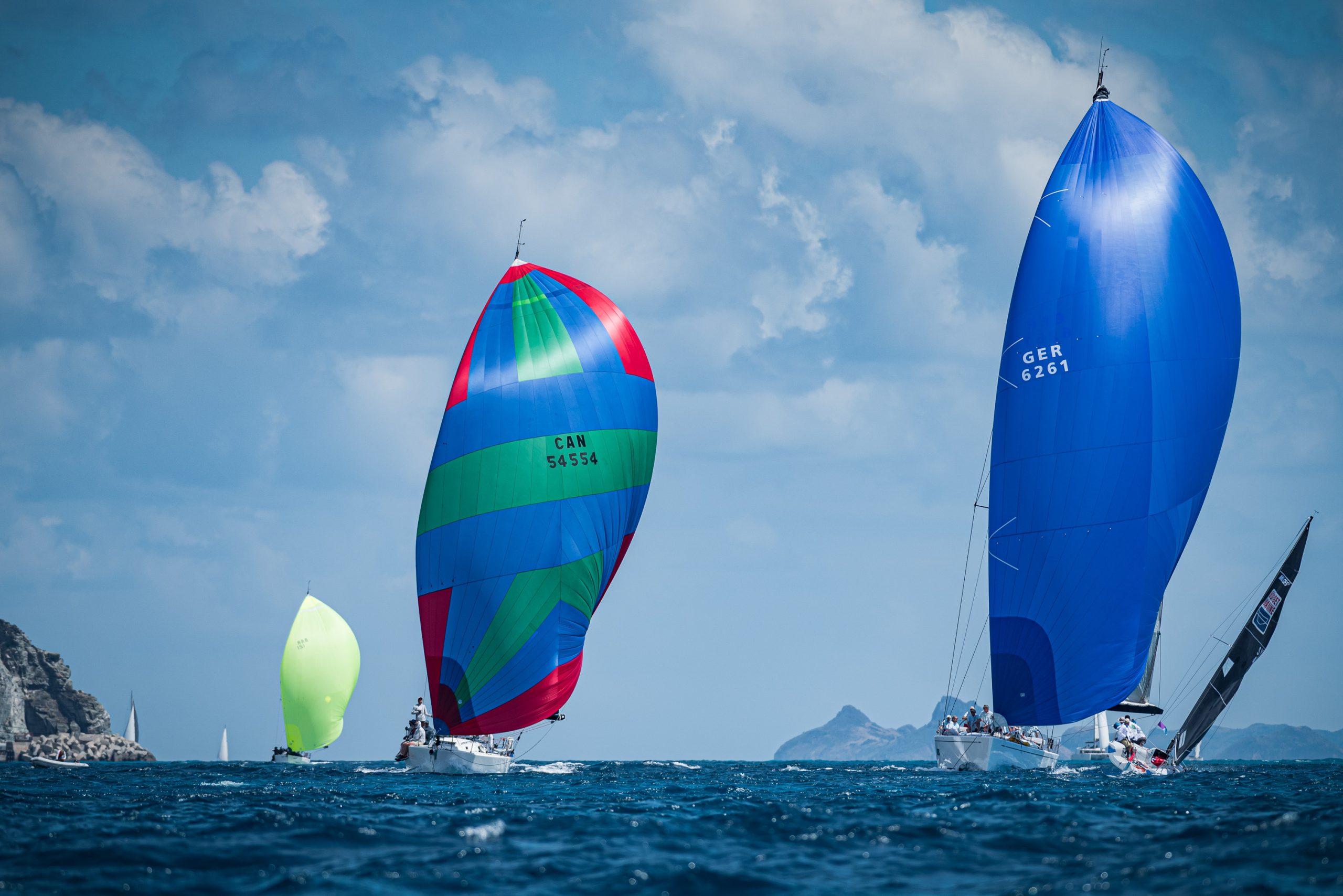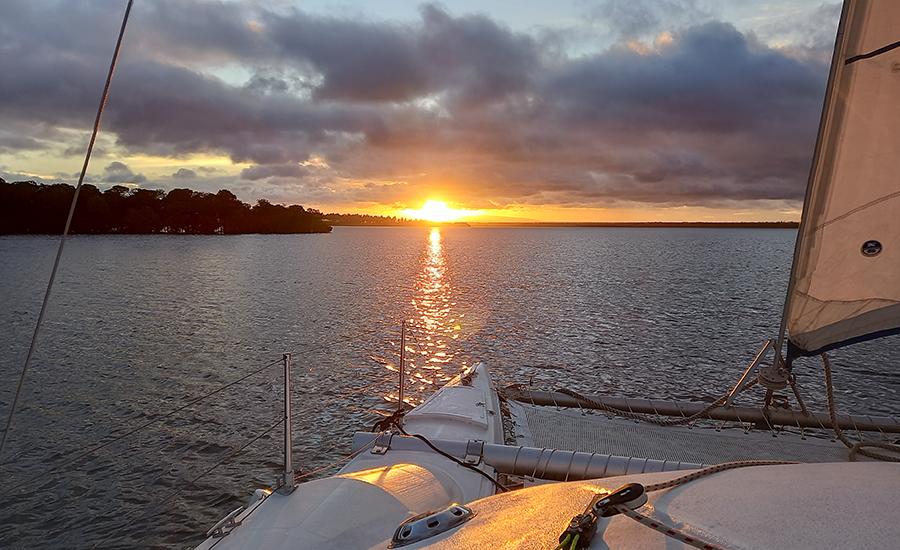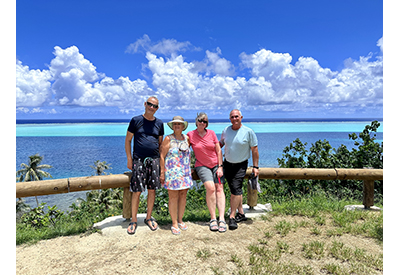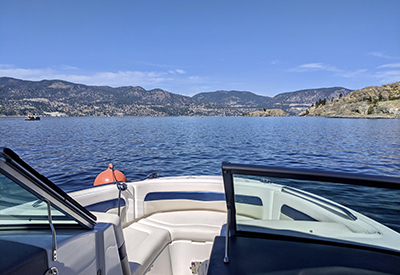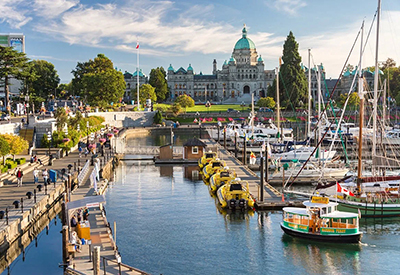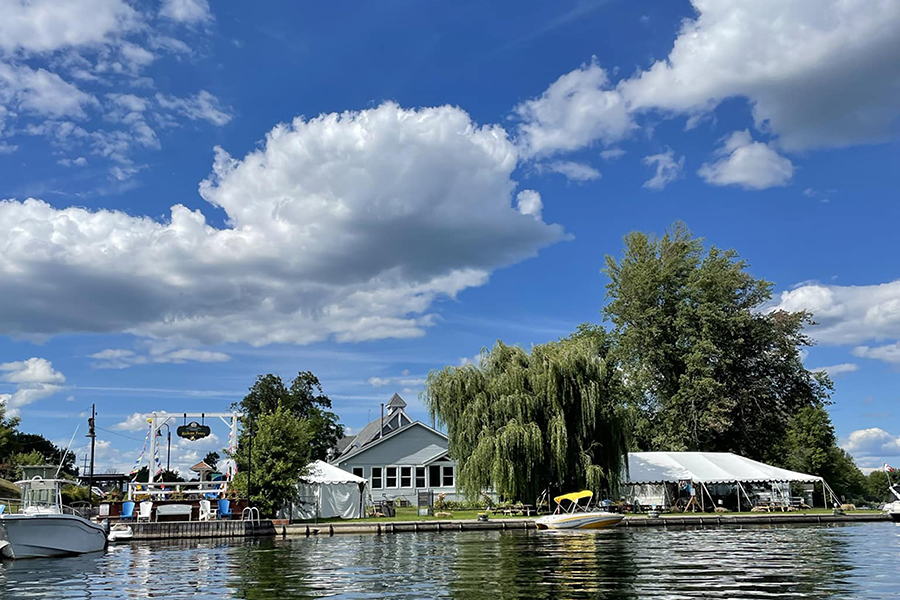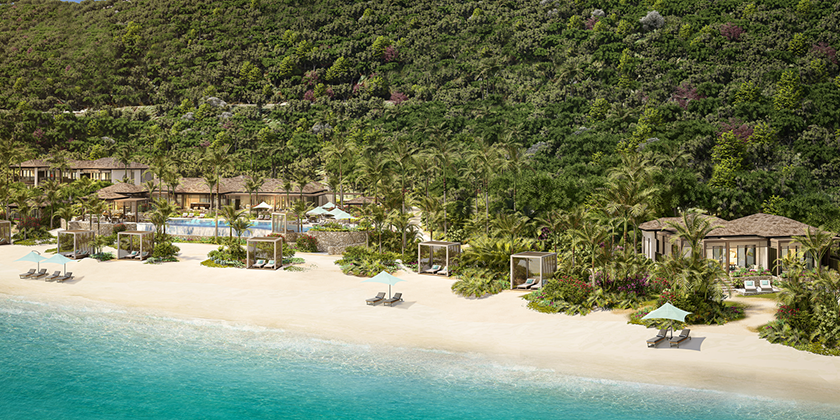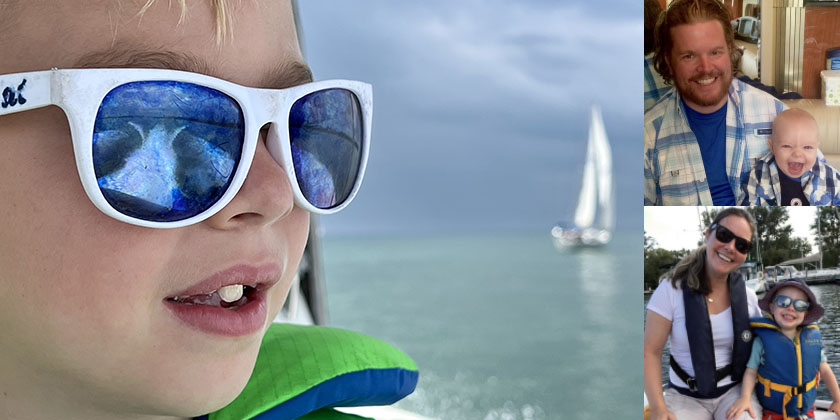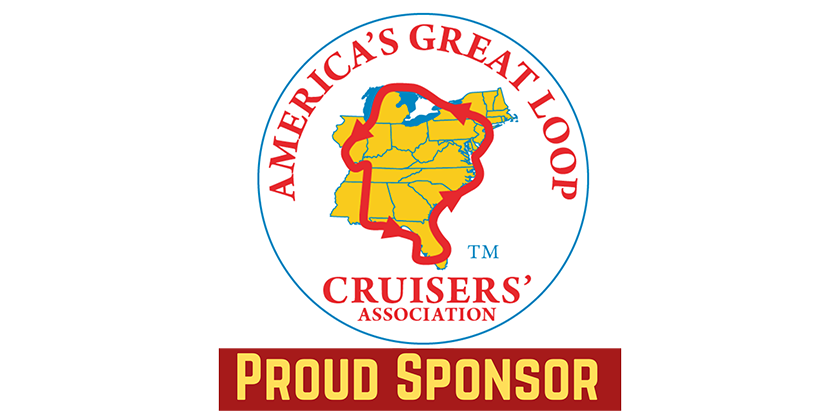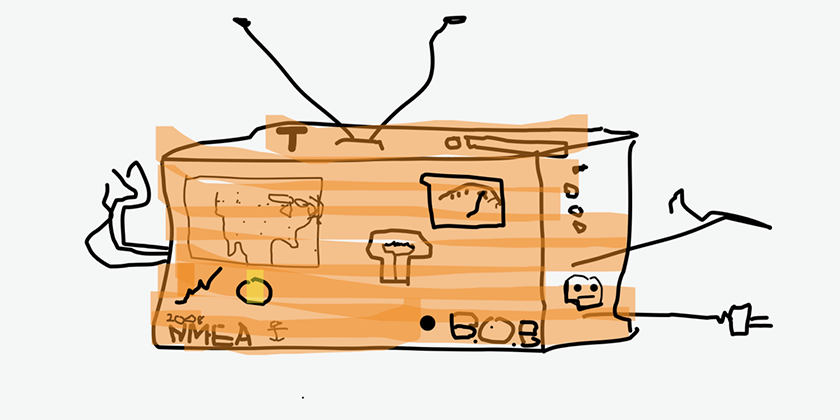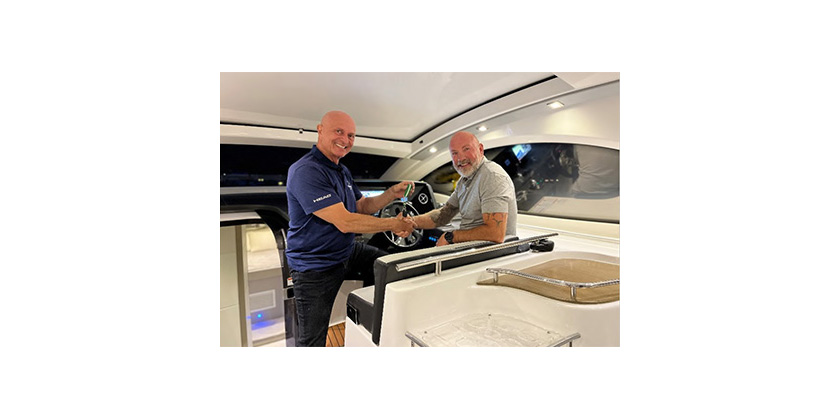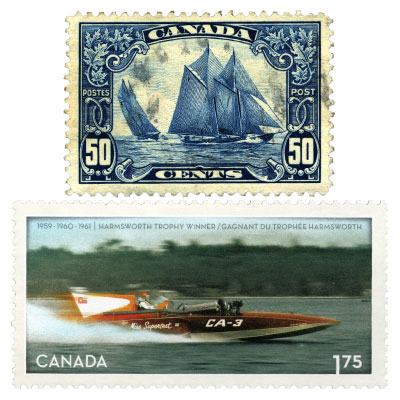Environment Matters
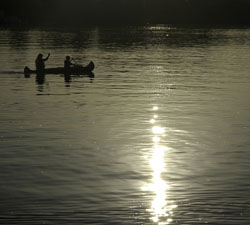
When it comes to matters of our environment, it is action not rhetoric that makes the difference.
Going green, protecting and or improving the environment, reducing emissions, greenhouse gas…how many times have you heard or read these words in the past year or two?
There is plenty of rhetoric in the media but in terms of real action, how are boaters affected by environmental concerns?
The answer is obvious: clean water and pristine lakes may be of greater concern to the millions of boaters in Canada than to any other demographic. How many of us would enjoy our favourite recreational activities of sailing, cruising, paddling our kayak or fishing with friends and family if the lakes and rivers were polluted?
Canadians are blessed with the largest supply of freshwater lakes and rivers in the world. While boaters are responsible for a very small percentage of water quality problems, it is in our best interest to lead the charge in protecting these waters, and everyone can do a little better. So, let’s see what action is going on and how we can take action ourselves.
What the Marine Industry is Doing
The Ontario Marine Operators Association (OMOA) is the largest marine trade group in Canada, representing 447 marinas, yacht clubs and boat dealers as well as another 167 suppliers to the industry. In 1997, the OMOA, with support from the Ontario Ministry of Environment (MOE) and Environment Canada (EC), produced a Clean Marine Practices Handbook. Like the customers they serve, marinas unknowingly had developed habits over the years that were detrimental to good environmental management. This new handbook demonstrated “Environmental Best Management Practices” in all areas of marina operations. The handbook was updated in 2000, and currently more than 350 marinas and yacht clubs are putting it to good use.
Environmental Certification or “Eco-Rating”
In 1999, a method of auditing the environmental performance of these participating facilities was developed based on the activities described in the handbook. This “Eco-Rating” audit of more than 200 business practices, results in a rating from one (good performance) to five (world leaders in environmental protection) green leaf anchors.
This program has enjoyed considerable success; in the six years since its inception, 260 marinas and yacht clubs have been Eco-Rated, making it the most successful marina program in the world. After having two, three-year contracts with the Ministry of the Environment and Environment Canada, funding to operate the program was discontinued when the last contract ended in December 2006.
MOE has offered an extension of one year, but EC has been dragging its feet. This program is too important to the OMOA, its members, their boaters, and most of all to Ontario’s lakes and rivers, to let it die. At press time the struggle for its survival continues, but it will continue.
Ironically, after several attempts to expand the program across Canada, it is now operating in Quebec and the Georgia Straits Alliance plans to launch a pilot program this summer in British Columbia.
To put the success of the Clean Marine program into perspective, some statistics are in order:
– In 2006, more than 971,000 sq. ft. of shrinkwrap that formerly went to landfill was collected and recycled by 12 Ontario contractors
– 71,000 litres of oil were collected and recycled; 90% of participants used low-toxicity anti-freeze for winterizing engines; more than 20% was saved for re-use and 24,000 litres were recycled.
– one supplier of EcoLogo (Federal Government certified) environmentally responsible bottom wax has sold 750,000 bottles, eliminating the use of other less desirable products.
– In 2003, the first marina achieved the highest five-anchor rating and 19 have now earned that rating.
These statistics illustrate a few of the positive results achieved by the Clean Marine Eco-Rating program. Similar programs operating in the US are all staffed, operated and funded by state or federal agencies, many of which give financial incentives to participating marinas. The state of Florida even gives a rebate on water lot leases to those who participate and the marinas pay nothing to join! Mandatory re-certification is not a requirement of any program other than Ontario’s; only certain specified requirements must be met.
The OMOA is committed to the Clean Marine Eco-Rating program, getting it “back on track”, towards the long-term goal: every marina and yacht club participating in the program.
You Can Take Action Too
As a boater you may say, “We’ve always been conscious of our environmental responsibility around the water, but what can we do?”
It is highly unlikely that boaters would consciously pollute the waters they enjoy so much. Without being properly informed of the consequences however, we may inadvertently do things that are detrimental to good water quality.
Boaters are not just the “rich guys” with expensive yachts. They are canoeists, kayakers, sailboarders, anglers, hunters, water skiers and all those who enjoy recreational activities on our lakes and rivers. Boaters are not major contributors to decreasing water quality if the total picture is observed, but they can be contributors.
One litre of spilled gasoline can contaminate 20,000 litres of water. Oily water from a messy bilge leaves a choking rainbow-hewed slick, as does the exhaust residue from an aging outboard engine.
Obviously, larger powerboats have more impact than kayaks and canoes, but anyone being careless will have a detrimental effect; therefore, everyone can contribute in some way to protecting the environment. If we all do our part, commit to making a more conscious effort and informed choices, these lakes and rivers will be handed to our children and grandchildren, in the best possible condition. Consider the following suggestions for this boating season.
Boat Cleaning – On The Water
Many products traditionally used to clean hulls and decks contain chemicals like ammonia, phosphates and chlorine. None of these products should be released into the water. If your boat was waxed before launch, only fresh water is required for summer cleaning. If you’re aboard in the morning you can even eliminate the need for fresh water rinsing and preserve water by mopping down the decks before the dew dries.
Bilge
Any bilge fouling needs immediate attention. If oil is present, the cause should be identified and repaired. Minor spills may be wiped up, but major quantities will require hauling the boat and cleaning the bilge ashore. Under no circumstances should fouled bilges be treated with bilge cleaner and then pumped overboard.
All boats with inboard engines should have a bilge sock to absorb any hydrocarbons. If you have an older diesel with persistent oil leaks, a filter on the bilge pump discharge line is the only cure.
Fuel Waste
To avoid wasting valuable fuel and producing excess exhaust emissions, do not leave engines idling for extended periods. If you need a reason for a new boat or replacement engine, new technology fuel injected engines start without fuss and idle immediately, without extended warm-up time.
One of the biggest environmental impacts you could make is replacing an old technology, two-stroke outboard. If you’re considering a new model, purchase a new-technology, direct-injected two-stroke or four-stroke. The minimal extra cost up-front will be returned many times over in decreased fuel cost.
These models start and run better, burn considerably less fuel, and cause much lower emission levels to air and water. No longer should you be proud that the wonderful “rainbow- producing” outboard bought in 1953 is still running!
If a Clean Marine program exists where you live, why not politely ask your marina operator or yacht club executive to consider joining? This is the sort of action you can take and it is painless and inexpensive.
By Robert Eaton

